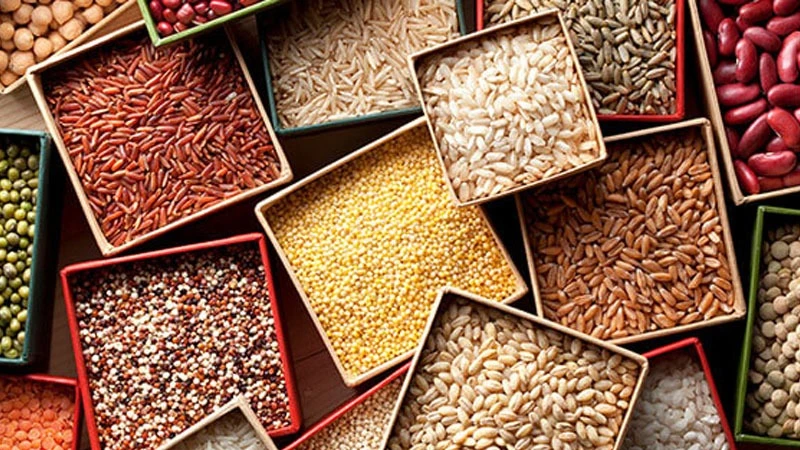Reserve agency to purchase 55,000 tons of cereals in Dar

THE National Food Reserve Agency (NFRA) is set to purchase a total of 55,000 tonnes of cereal crops from various traders in its Dar es Salaam-based Kipawa zone during the current agricultural harvesting season.
This quantity includes 20,000 tonnes of paddy and 35,000 tonnes of maize, to be bought in two distinct phases. So far, approximately 5,000 tonnes have been procured since the start of this year’s buying season.
Simon Bikaru, NFRA’s Kipawa zone manager said over the weekend in Dar es Salaam that the zone aims to acquire 10,000 tonnes in the first phase, comprising 7,000 tonnes of maize and 3,000 tonnes of paddy.
“The Kipawa zone covers six regions: Tanga, Coast, Dar es Salaam, Morogoro, Lindi, and Mtwara. These regions are divided into two groups—those with a food surplus and those without. Tanga and Morogoro are among the surplus regions,” he explained.
Bikaru added that the zone has established modern warehouses and silos at Kipawa and Chang’ombe, with a combined capacity to store up to 52,000 tonnes of cereal crops.
“We are also collaborating with the private sector to enhance our storage capacity by utilising their warehouses,” he said.
The NFRA is primarily sourcing maize from farmers in Morogoro and Tanga, while paddy is being acquired from Morogoro’s Mvomero and Kilombero districts.
“Special buying points for maize have been set up at Nanenane (Morogoro), Mkata in Handeni-Tanga) and Chang’ombe in Dar es Salaam. For paddy, purchasing centres are located in Chita, Mlimba, Ifakara, and Malinyi in the Kilombero district of Morogoro region,” Bikaru noted.
The government has set favourable prices of 700- per kilogramme for maize and 900/- per kilogramme for paddy, which has encouraged many dealers to sell their crops to the NFRA.
“The zone has entered into forward contracts with five major crop dealers, who are currently supplying substantial quantities of maize and paddy. We aim to establish similar contracts with additional dealers,” Bikaru added.
He highlighted that NFRA has stringent standards to ensure the quality of the maize and paddy, including specifications for moisture content, foreign matter, pest damage, rot and disease, and other factors.
For example, the maximum allowable moisture content is 13.5 percent, while other defects must not exceed specified limits.
Currently, NFRA operates 72 purchasing points across eight regions: Dodoma, Dar es Salaam (Kipawa), Njombe (Makambako), Songwe, Rukwa (Sumbawanga), Arusha (Babati), Shinyanga and Songea.
The purchasing process involves buying grain in quantities of 2,000 tonnes or more from large-scale traders, as well as from cooperative societies where farmers aggregate their produce.
Top Headlines
© 2024 IPPMEDIA.COM. ALL RIGHTS RESERVED






















